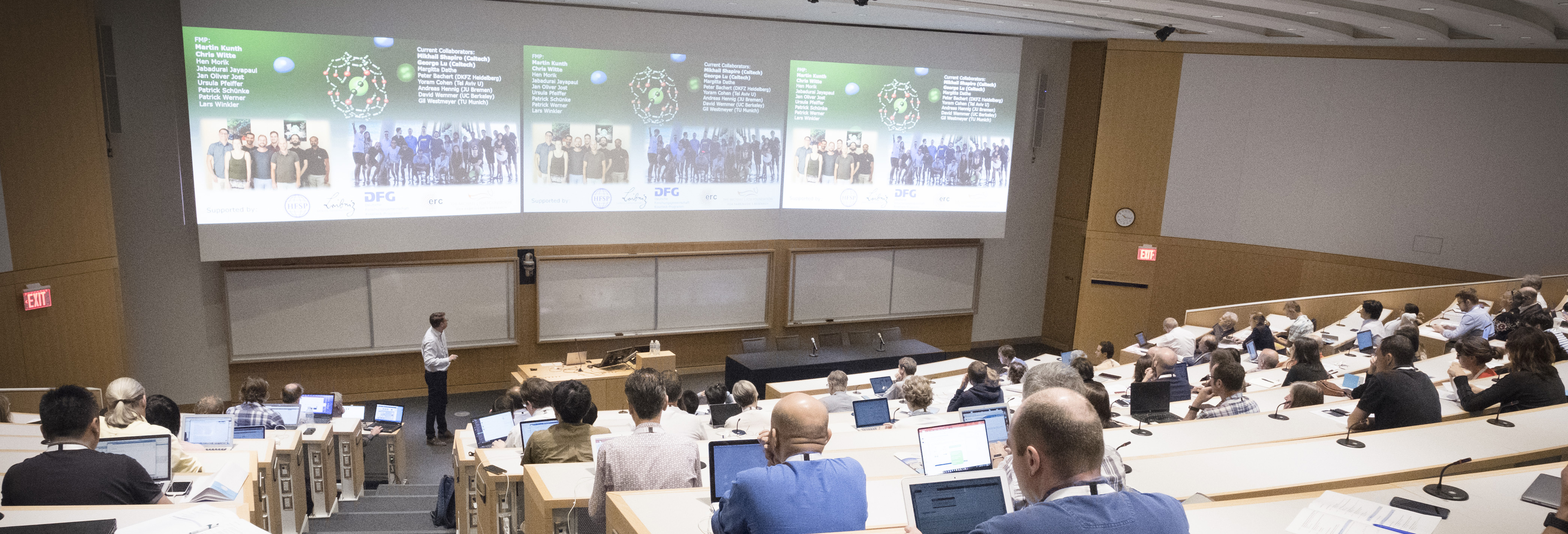
The HFSP Research Grant Program stands out for its distinctive features that prioritize innovative basic research with a strong emphasis on interdisciplinary collaboration and international scientific exchange. By fostering novel approaches and encouraging scientists from diverse disciplines to work together, HFSP aims to address fundamental biological questions that transcend traditional boundaries. Here are the distinguishing features of the HFSP Research Grant Program:
1. Interdisciplinary Approach:
HFSP Research Grants promote interdisciplinary collaboration by actively encouraging the participation of scientists from fields beyond traditional life sciences. This includes but is not limited to disciplines such as biophysics, chemistry, computational biology, computer science, engineering, mathematics, nanoscience, and physics. The program recognizes that innovative solutions often emerge from the convergence of diverse scientific perspectives.
2. International Collaboration:
The program facilitates international scientific collaborations by supporting teams of researchers from different countries. This emphasis on global collaboration aims to leverage the collective expertise of scientists from various cultural and academic backgrounds. The inclusion of international perspectives enhances the potential for groundbreaking discoveries and insights.
3. Innovative Research Focus:
HFSP Research Grants prioritize innovative research with a focus on addressing fundamental biological problems. Unlike some grant programs, preliminary results are not a prerequisite for application. Instead, applicants are expected to develop new lines of research through collaborative efforts, promoting exploration into uncharted territories of scientific inquiry.
4. Risk-Taking Culture:
The program acknowledges the inherent risks associated with pioneering research and encourages applicants to explicitly address these risks in their proposals. HFSP expects research teams to outline mitigation strategies for potential failures while emphasizing how they intend to achieve their research goals. This risk-taking approach fosters a culture of scientific exploration and resilience.
5. Exclusion of Applied Research:
The HFSP Research Grant Program explicitly excludes applications for applied research, especially those typically funded by national medical research bodies. This focus on basic research aligns with the program's commitment to supporting projects that contribute to a deeper understanding of the fundamental aspects of living organisms and their interactions.
6. Two Types of Grants:
HFSP offers two distinct types of grants: Research Grants - Early Career and Research Grants - Program. The former is designed for team members with doctoral degrees who lead their own research groups, while the latter targets teams of independent researchers at any stage of their careers. Both grant types provide three years of support for 2 to 4 member teams, with fixed sums dependent on team size.
7. Support for Career Development:
The Research Grants - Early Career are specifically aimed at individuals directing research groups and seeking to develop independent lines of research. While HFSP does not intend to create scientific independence through these awards, it recognizes the importance of supporting early-career scientists in building their research careers.
In conclusion, the HFSP Research Grant Program's distinguishing features reflect a commitment to fostering innovation, international collaboration, and interdisciplinary research. By encouraging risk-taking and providing support for teams with diverse expertise, the program contributes to advancing our understanding of complex biological phenomena and promotes excellence in scientific exploration.

